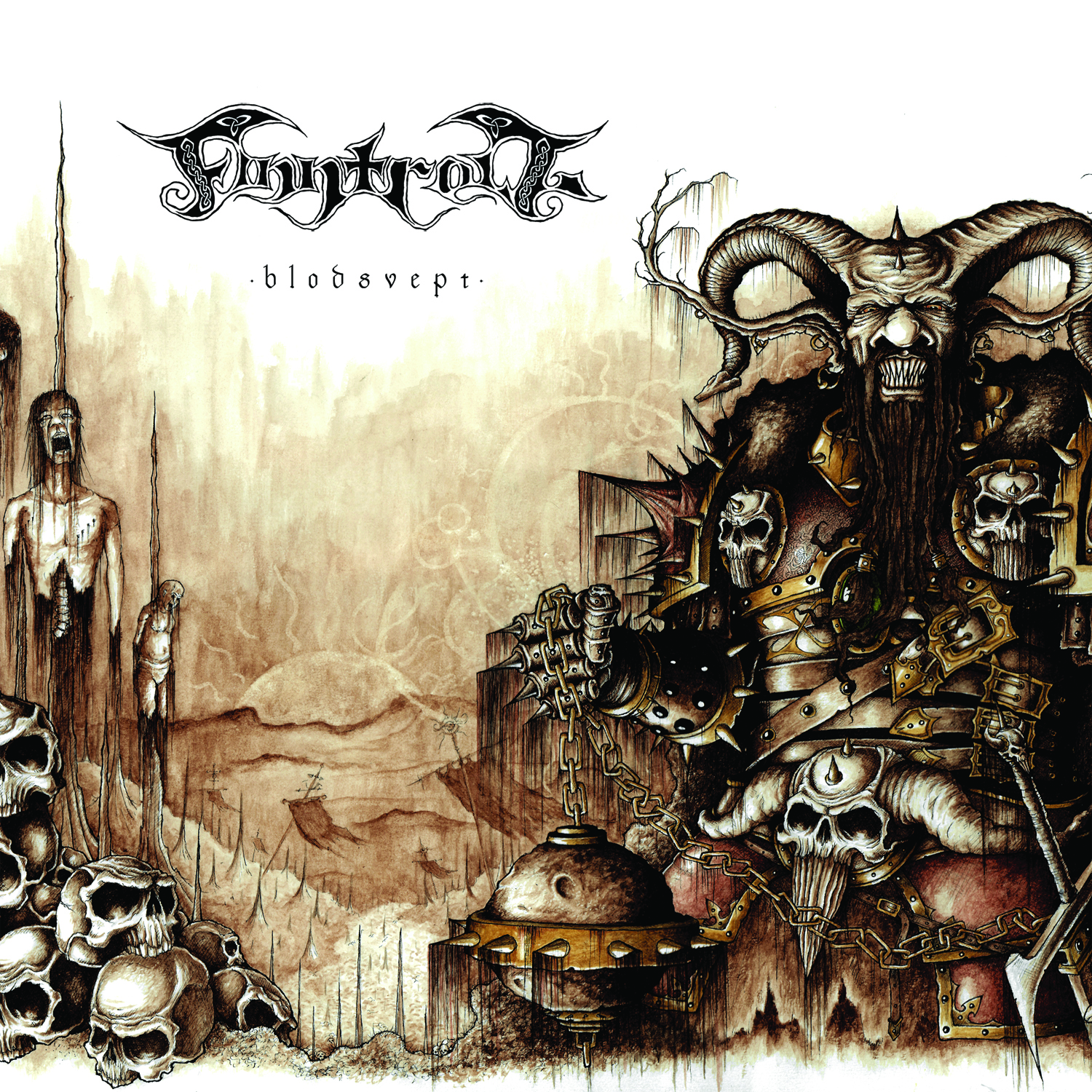
Album Review: Tesseract - Perspective [EP]
Perhaps no subset of metal has exploded from creation as quickly as djent. The style born from the embers of Meshuggah's techincal percussive onslaught is the sound of the moment. While there are still more bands playing the more established colors of the metal rainbow, djent is where the attention of younger metal fans is focused. Every generation needs a sound of their own; for those currently coming of metal age, this will be theirs.
“Perspective” fills the gap between full length albums, giving fans an opportunity to hear new vocalist Elliot Coleman before a fresh batch of material comes their way. Reconfiguring tracks from their debut album, “One”, into an acoustic format, “Perspective” offers a different take on the brand of progressive metal Tesseract plays. The odd time signatures and focus on relentless percussion take a back seat, putting more of a focus on the songs themselves. Changing the instrumentation provides a radically unexpected shift in the sound. The trademarks of djent are not gone, but disappear into the mix. The subtle amounts of string vibration that cannot be chocked off through an amplifier don't allow the guitars to become as mechanically inclined, softening the edges of the rhythms in ways that almost make the music sound delicate.
More than anything else, the shift in style allows mood to become more essential to the equation. “Perfection” and “April” sound nothing like progressive metal, each setting the guitars in the background, letting textures and keyboards do most of the heavy lifting. The scene is a somber one, the songs feeling utterly disconnected from their roots. It's only with “Origin” that the music begins to open up and show the experiment for what it is. The guitars return to prominence, the single-note riffs bringing a style of playing usually unheard in acoustic settings. It's the first track that answers the question of how important production is to this particular style of metal.
What is interesting when listening to “Perspective” is how djent may be a style of metal that transcends the boundaries. While so many parts of the metal puzzle exist only within their established framework, the music Tesseract plays proves effective when stripped down to the bare essentials. Taking away the power of layers upon layers of distortion, the songs don't suffer or feel out of place. The percussive nature of the playing translates to the new instrumentation, letting the identity of the songs carry over, unlike other areas of metal that rely solely on walls of guitar to be effective.
Where “Perspective” disappoints is in not taking the experiment far enough. “Origin” is the only song that offers a glimpse of what this music would sound like in a world without amps. It's a fresh take on a genre that is already over-saturating itself. While “Perfection” and “April” are enjoyable mood pieces, neither feels connected to what the band is. Likewise, the cover of Jeff Buckley's “Dream Brother” is well-executed, but a bit foreign. Closer “Eden 2.0” further erodes the effort, bringing back the electric guitars as though throwing a bone to listeners who feel deprived.
“Perspective” is a good idea that never takes flight, an experiment never given a chance to bear fruit. The notion of this music being played acoustically is intriguing, even more after hearing a morsel of the potential.

